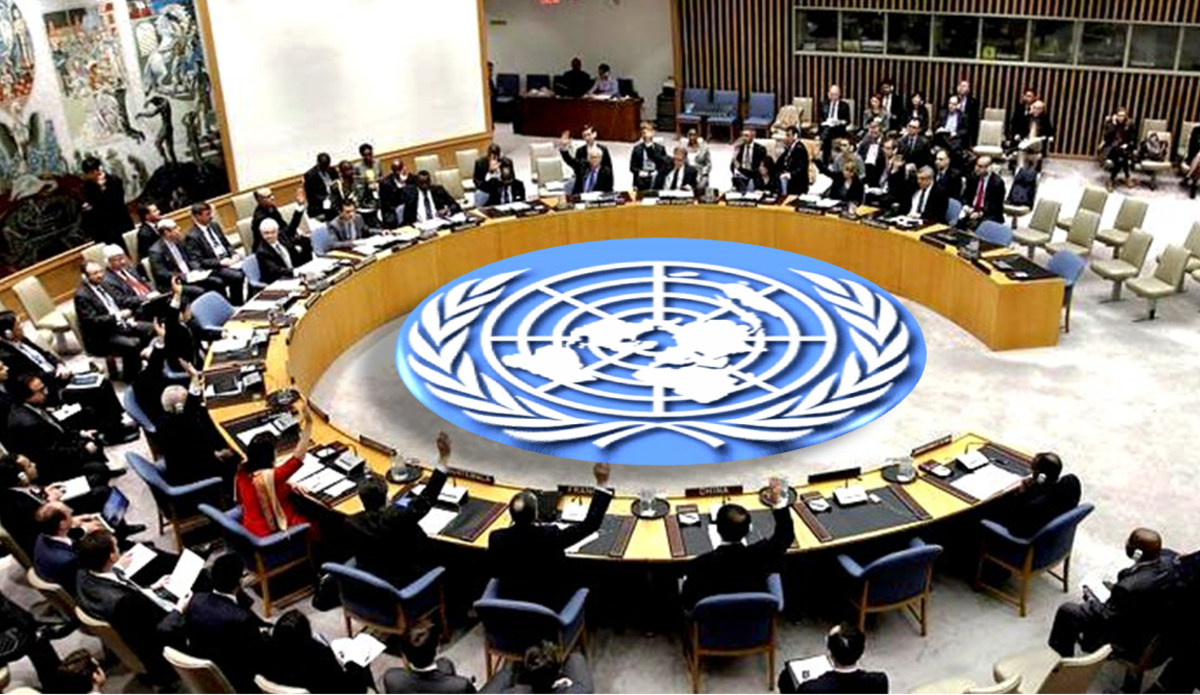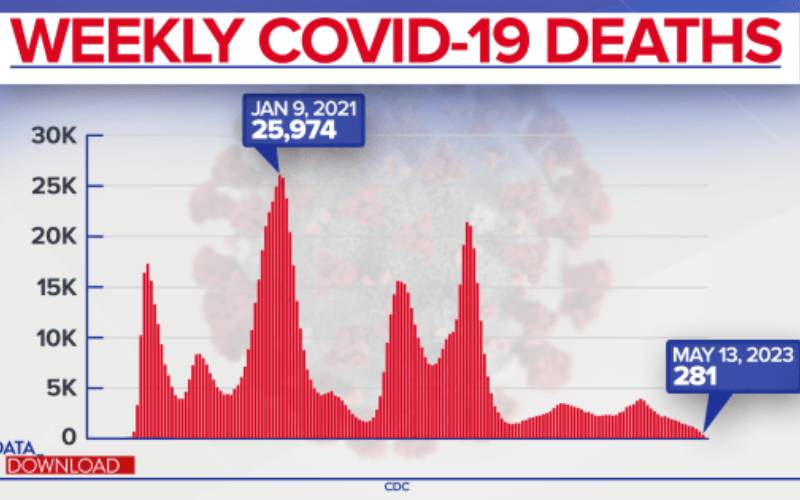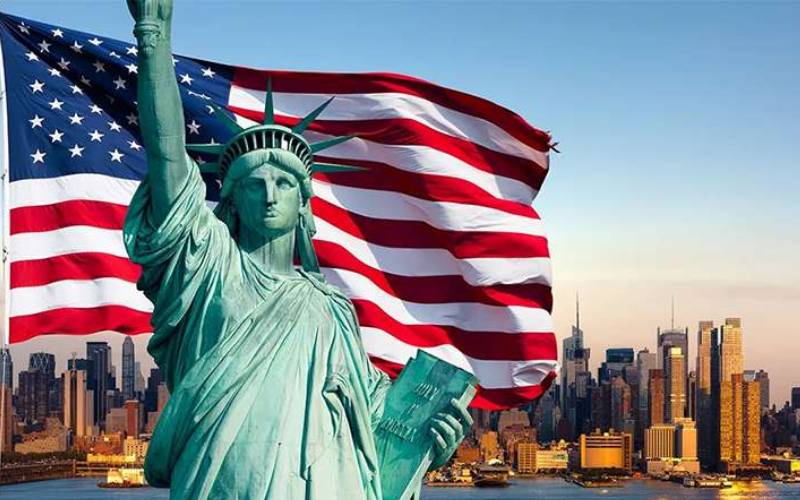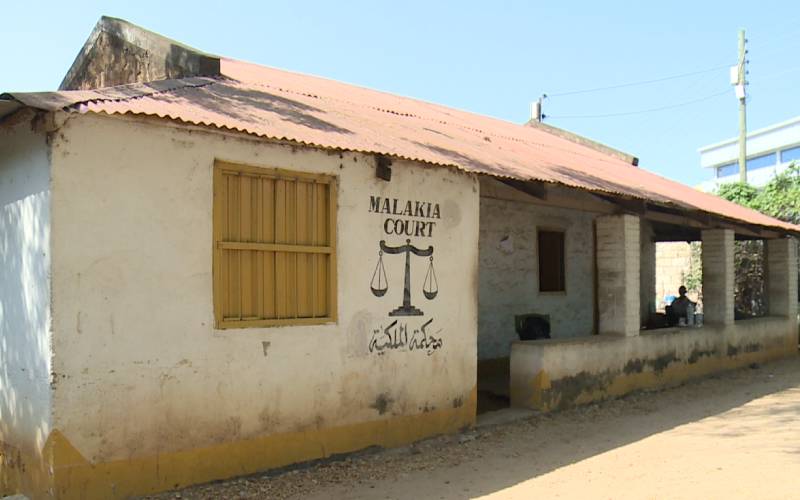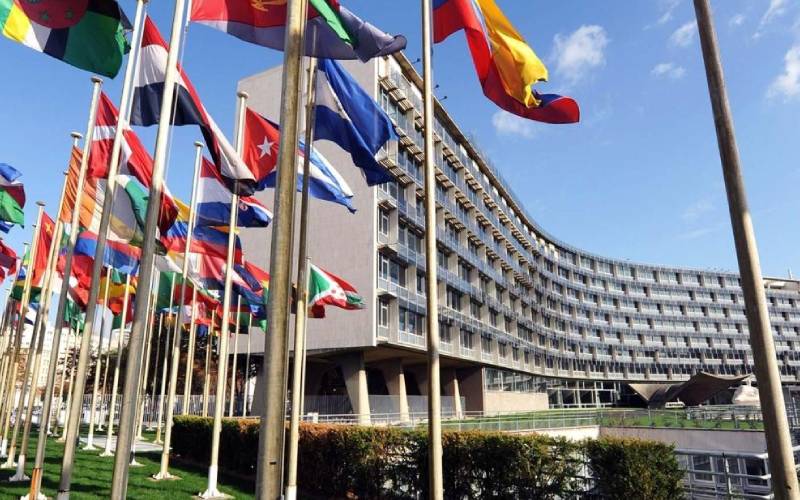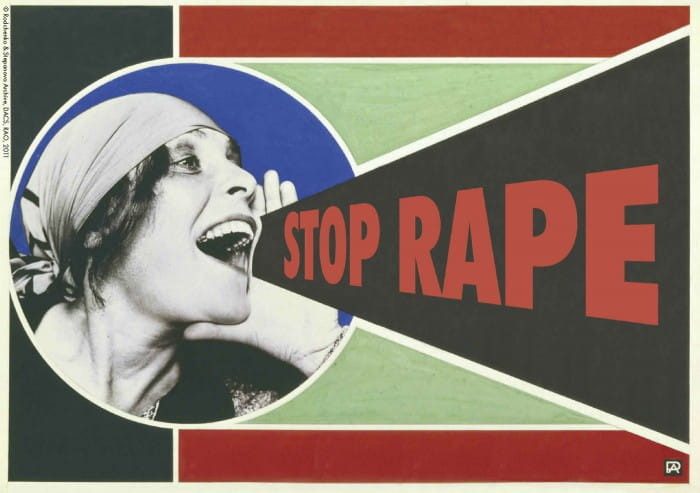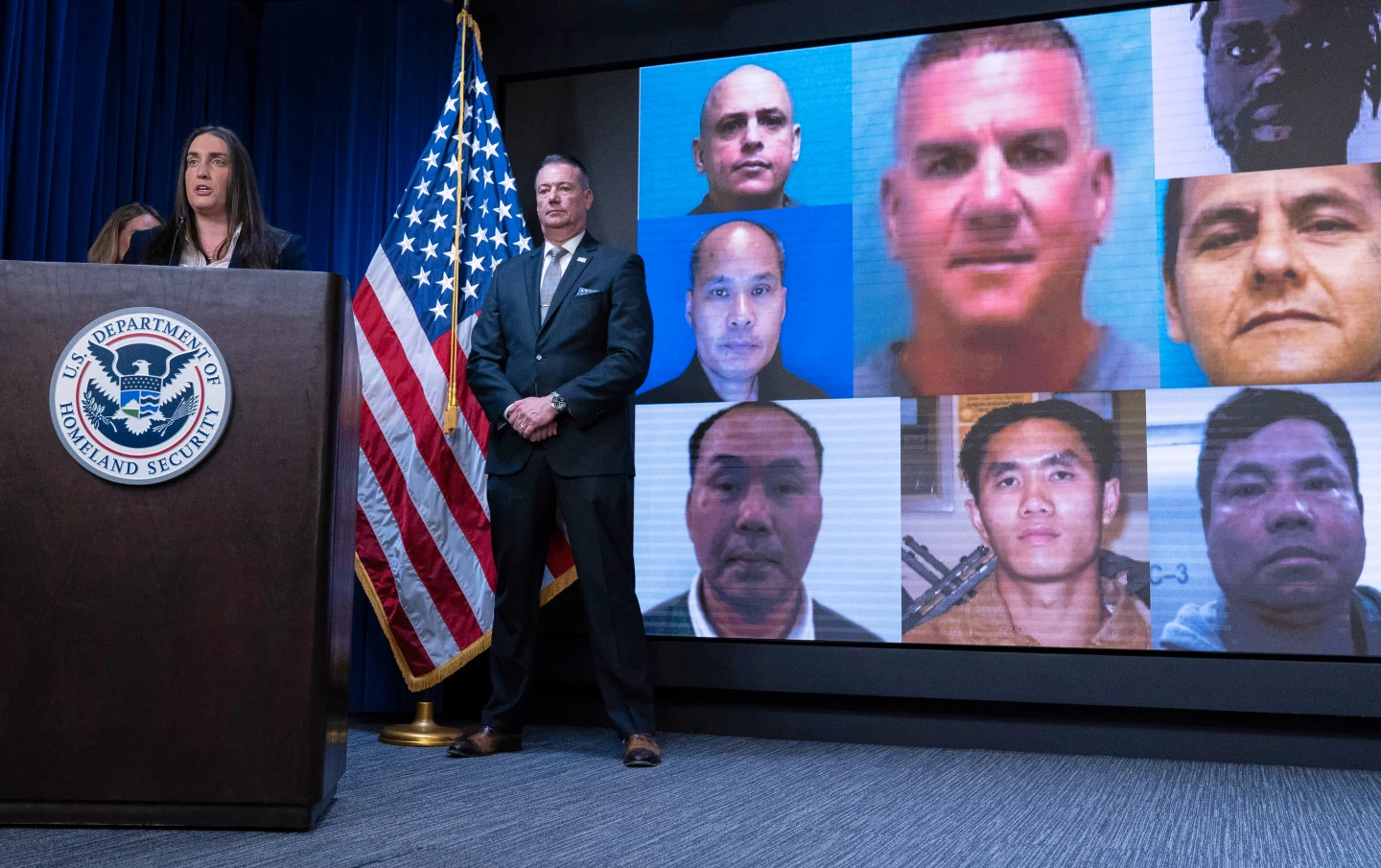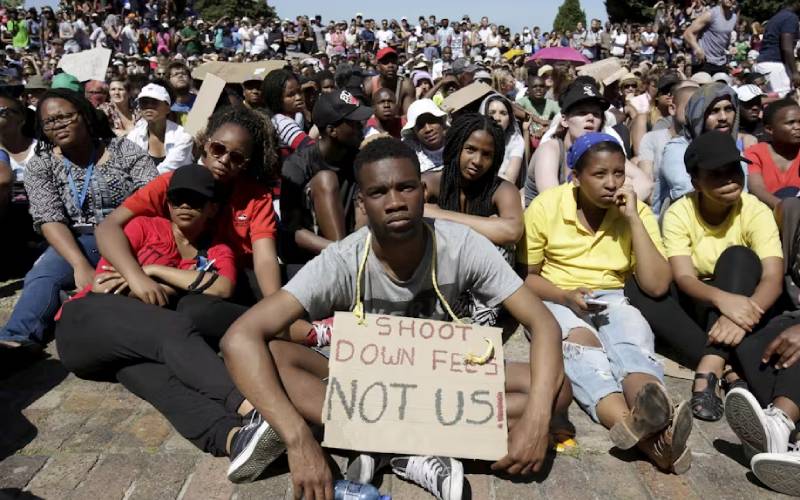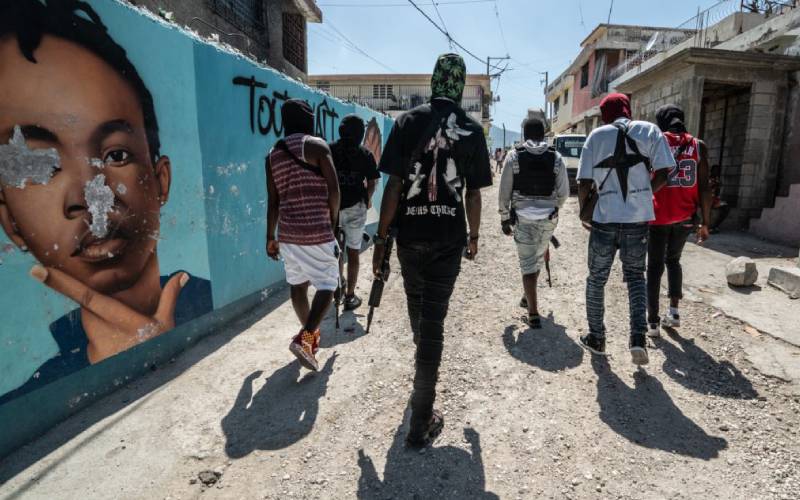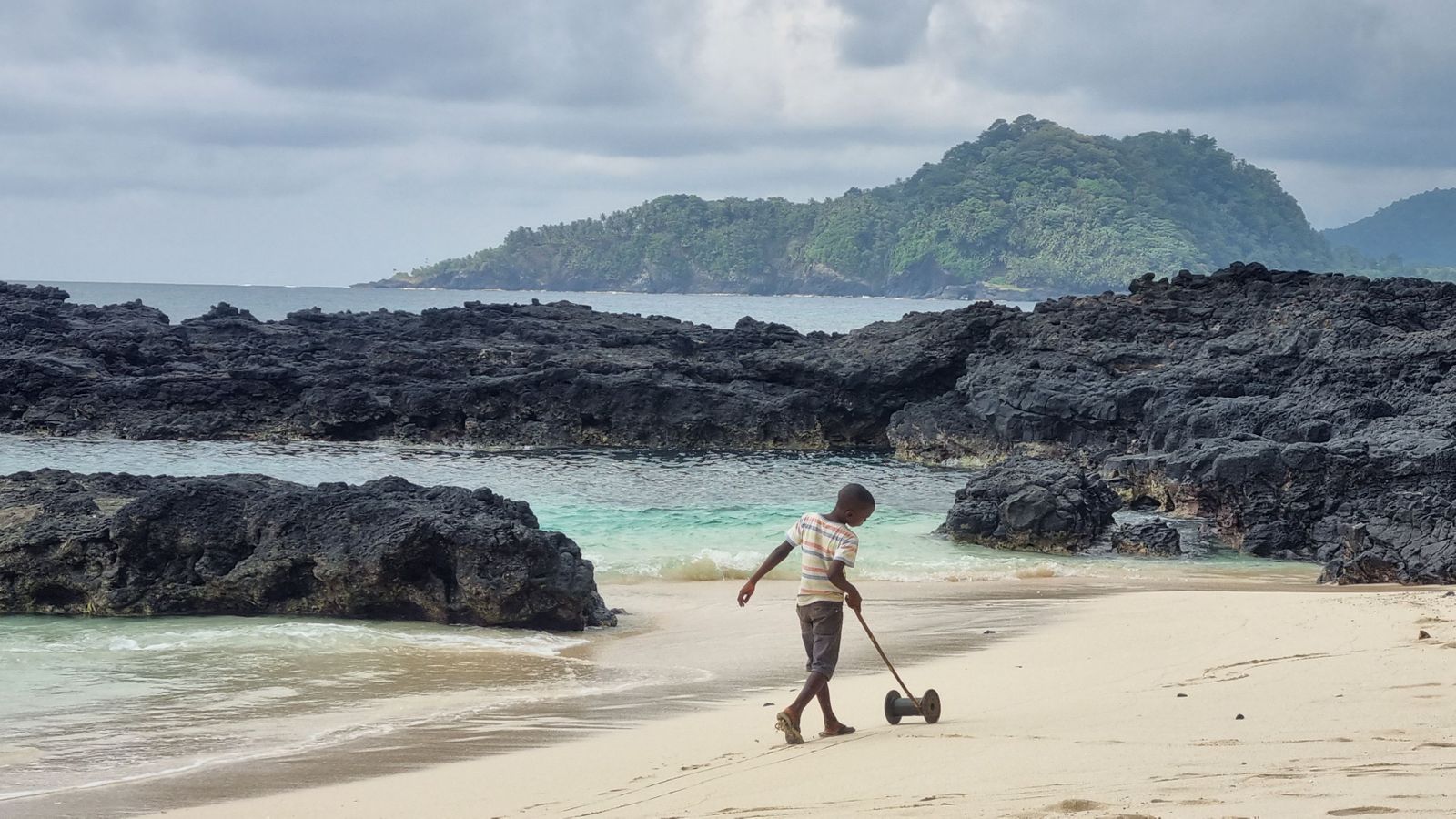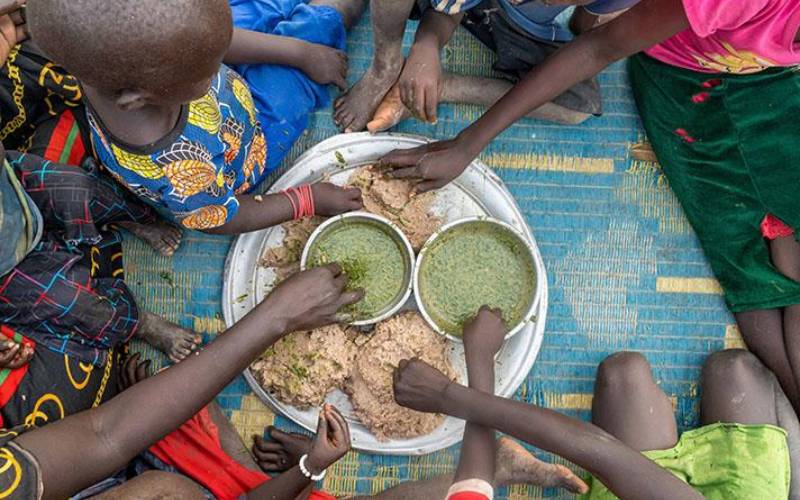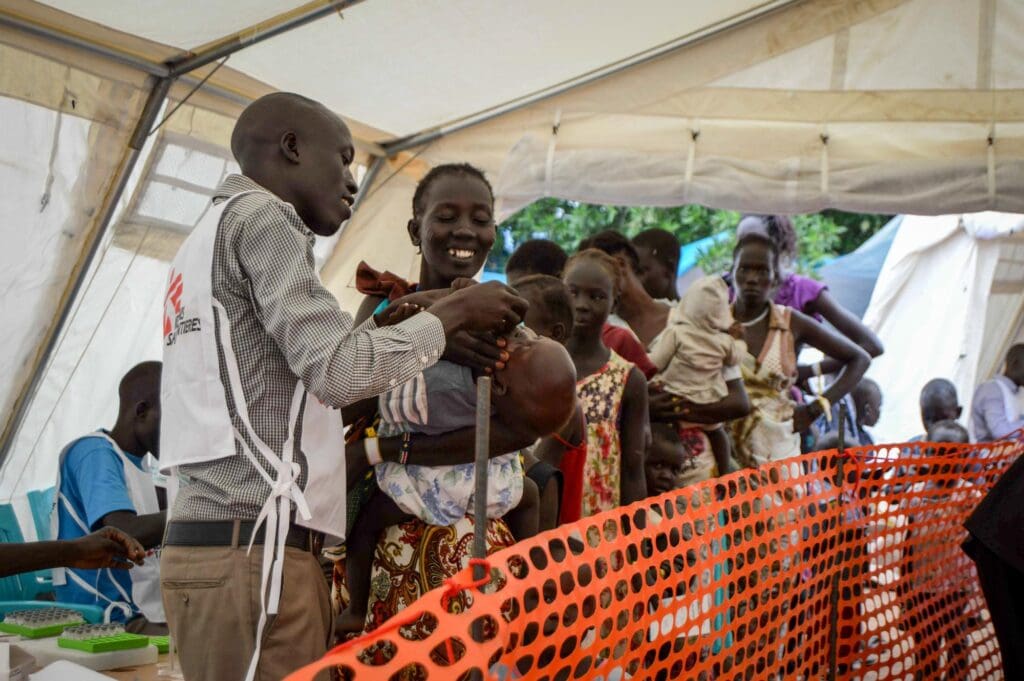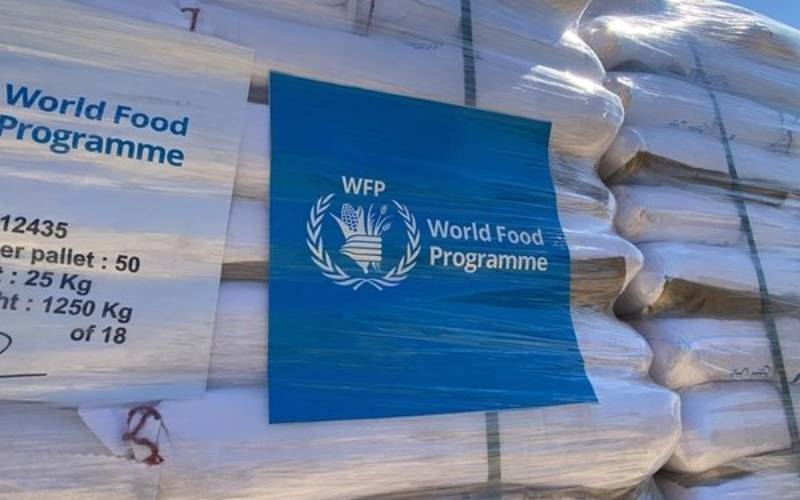The United Nations Security Council renewed sanctions on South Sudan yesterday, including asset freezes, travel bans and arms embargo for a year until May 31, 2026.
The UNSC resolution 2781 was adopted by 9 votes out of the 15 members of the UNSC, while Algeria, China, Russia, Pakistan, Somalia and Sierraleone voted for the lifting of sanctions, citing misuse of these sanctions.
Tigere Chagutah, Amnesty International’s REGIONAL Director for East and Southern Africa, asserts that the embargo will curtail procurement of weapons to the world’s youngest nation, which has witnessed continuous human rights violations for more than a decade since it attained independence.
“We welcome the renewal of the arms embargo as it has been crucial to curtailing the flow of weapons that have been used to violate international humanitarian law (IHL) and call on the Security Council and urge UN members to diligently enforce it, especially amid recent violations,” says Chagutah.
None of the African countries in the UN Security Council has a veto power. Meanwhile, China, France, Russia, the UK and the US have the power to block a resolution of the Security Council even if it has been voted on by other members.
Chagutah expresses shock over the action of some Security Council members and the African Union, which voted for the lifting of the arms embargo imposed on South Sudan, alleging that it will aggravate human rights violations and crimes under international law committed against civilians.
In response to sanctions, South Sudan's Representative to the Security Council was concerned about the UNSC voting process, calling for a "fair opportunity" and a "balanced approach."
Armed groups to blame
In 2018, the United Nations Security Council imposed sanctions on South Sudan in a bid to control the flow of weapons to the country and reduce the pressure the conflict imposes on civilians.
The benchmarks the council has set for the lifting of arms embargo include completion of chapters 1, 2, and 3 of the unification, graduation and deployment of unified forces.
They also include disarmament, demobilisation and reintegration, management of arms and ammunition stockpiles and full implementation of the joint action plan on addressing conflict-related sexual violence.
On March 4, 2025, a militia group called the White Army, allied with the First Vice President Riek Machar, captured Nasir from government forces. On March 7, a UN Helicopter was attacked on an evacuation mission, resulting in the killing of a UN Pilot, SSPDF Commander David Majur Dak and 28 other soldiers.
The First Vice President Riek Machar, Minister of Petroleum Puot Kang Chol and Deputy Chief of Defense Forces Duop Lam, among other SPLM/A-IO leaders, have remained in detention accused of inciting violence.
The government claims it will produce them in court to defend themselves, but this process has been delayed as a significant split of unified forces was witnessed in some parts of the country and continued violence.
Edmund Yakani, South Sudan’s activist and also the Executive Director of the Community Empowerment for Progress Organisation (CEPO), blames armed groups for the renewed arms embargo on South Sudan.
“Conflicting parties in South Sudan that are using armed struggle as an instrument of resolving their political differences are solely to be blamed for the sustained arms embargo on South Sudan,” says Yakani.
The activist calls for all the parties to the ongoing conflict in South Sudan to lay down their arms to give political dialogue a chance, to alleviate the suffering of civilians.
“This renewal of arms embargo is not a surprise; it is something that people are expecting to happen simply because the use of armed struggle for resolving political differences is making the innocent civilians pay a painful price.”
In 2020, Amnesty International reported that it had documented procurement of small arms and ammunition into South Sudan in violation of the arms embargo imposed on the world's youngest nation.
